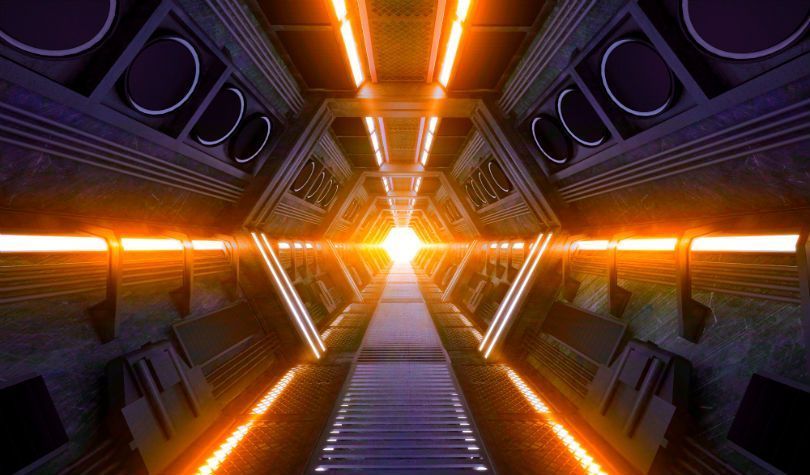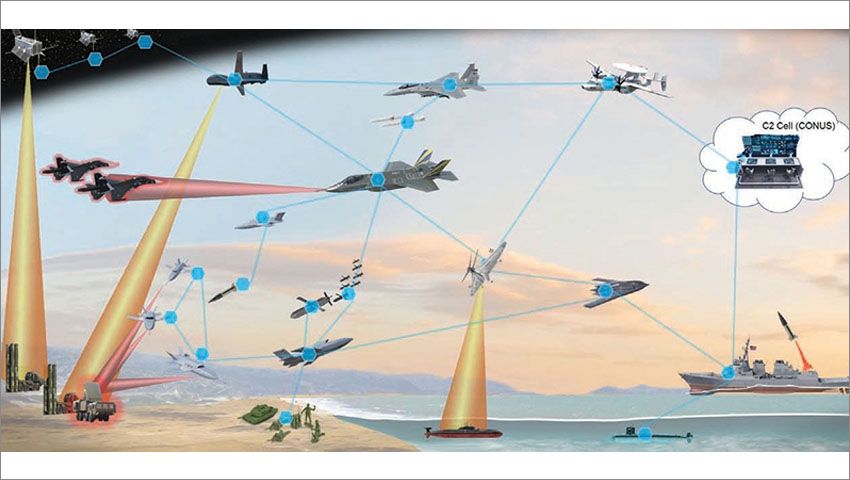Scientists found that a class of particles known as bosons can behave as an opposite class of particles called fermions, when forced into a line.
The research, conducted at Penn State University and funded in part by the Army Research Office, an element of U.S. Army Combat Capabilities Development Command’s Army Research Laboratory, found that when the internal interactions among bosons in a one-dimensional gas are very strong, their velocity distribution transforms into that of a gas of non-interacting fermions when they expand in one dimension. The research is published in the journal Science.
“The performance of atomic clocks, quantum computers and quantum systems rely upon the proper curation of the properties of the chosen system,” said Dr. Paul Baker, program manager, atomic and molecular physics at ARO. “This research effort demonstrates that the system statistics can be altered by properly constraining the dimensions of the system. In addition to furthering our understanding of foundational principles, this discovery could provide a method for dynamically switching a system from bosonic to fermionic to best meet the military need.”






